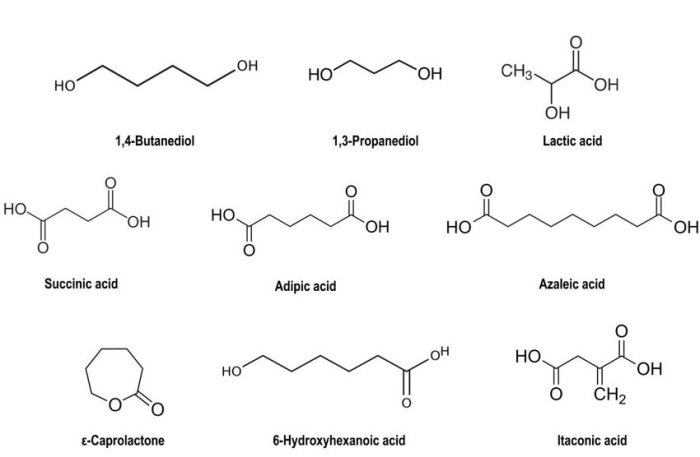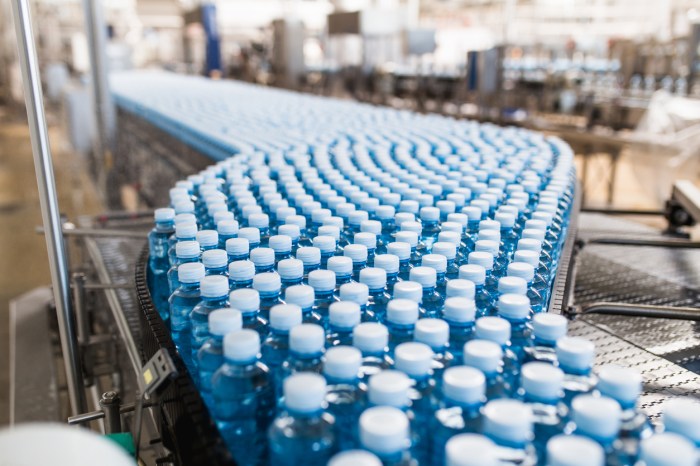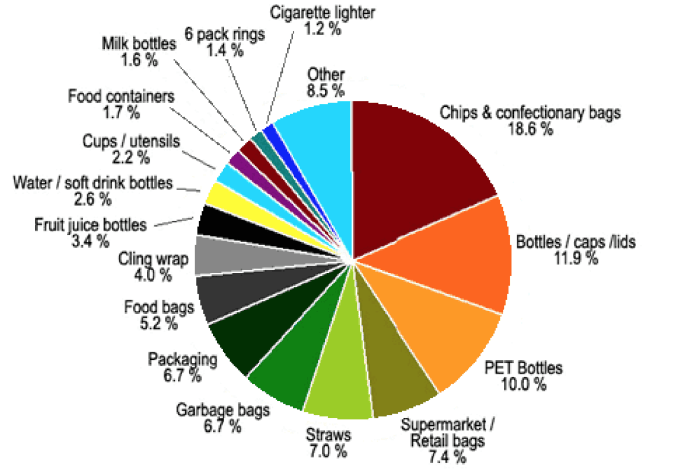Chemicals used in the manufacture of plastics crossword – Unveiling the intricate world of chemicals used in the manufacture of plastics, this comprehensive crossword delves into the diverse array of substances that shape our everyday lives. From the foundational building blocks to the specialized additives, this crossword unravels the chemical tapestry that underpins the production of plastics, offering a captivating journey through the realm of materials science.
Types of Chemicals
The production of plastics involves a wide range of chemicals, each serving specific functions in the manufacturing process. These chemicals can be broadly categorized into:
Monomers
- Building blocks of polymers, the primary components of plastics
- Examples: ethylene, propylene, styrene, vinyl chloride
Additives
- Enhance the properties of plastics, such as strength, flexibility, and durability
- Examples: plasticizers, antioxidants, colorants, flame retardants
Catalysts, Chemicals used in the manufacture of plastics crossword
- Accelerate chemical reactions in plastic manufacturing
- Examples: Ziegler-Natta catalysts, metallocene catalysts
Sources of Chemicals

The chemicals used in plastic manufacturing are obtained from various sources, including:
Petrochemicals
- Derived from crude oil or natural gas
- Provide the majority of monomers and some additives
Coal Tar
- A byproduct of coal processing
- Source of certain monomers and additives, such as benzene and phenol
Biomass
- Plant-based materials, such as corn starch or sugarcane
- Used to produce biodegradable plastics and bio-based additives
Chemical Reactions in Plastic Manufacturing
Plastic manufacturing involves complex chemical reactions, including:
Polymerization
- Monomers are linked together to form polymers
- Can occur through various mechanisms, such as free radical polymerization or condensation polymerization
Addition Reactions
- Monomers add to a growing polymer chain
- Example: the addition of ethylene to polyethylene
Condensation Reactions
- Monomers react with each other, releasing a small molecule, such as water
- Example: the condensation of terephthalic acid and ethylene glycol to form polyethylene terephthalate (PET)
Environmental Impact of Chemicals

The chemicals used in plastic manufacturing can have significant environmental impacts, including:
Air Pollution
- Release of volatile organic compounds (VOCs) and hazardous air pollutants (HAPs)
- Can contribute to smog, respiratory problems, and climate change
Water Pollution
- Discharge of wastewater containing chemicals and plastic waste
- Can harm aquatic ecosystems and drinking water sources
Land Pollution
- Accumulation of plastic waste in landfills and the environment
- Can disrupt ecosystems, harm wildlife, and contaminate soil
Safety Precautions in Chemical Handling: Chemicals Used In The Manufacture Of Plastics Crossword

Handling chemicals in plastic manufacturing requires strict safety precautions, including:
Personal Protective Equipment (PPE)
- Use of respirators, gloves, eye protection, and protective clothing
- Essential for preventing exposure to hazardous chemicals
Proper Storage and Disposal
- Store chemicals in appropriate containers, away from incompatible materials
- Dispose of chemicals and waste safely, according to regulations
Training and Education
- Train workers on the hazards of chemicals and safe handling procedures
- Provide regular refresher courses to ensure compliance
FAQ Resource
What are the most common types of chemicals used in plastic manufacturing?
Polyethylene, polypropylene, polyvinyl chloride (PVC), polyethylene terephthalate (PET), and polystyrene are among the most widely used chemicals in plastic manufacturing.
How are chemicals sourced for plastic manufacturing?
Chemicals for plastic manufacturing are primarily derived from fossil fuels, such as petroleum and natural gas, through processes like cracking and reforming.
What are the potential environmental risks associated with chemicals used in plastic manufacturing?
Some chemicals used in plastic manufacturing can pose environmental risks, including air and water pollution, as well as the release of greenhouse gases.